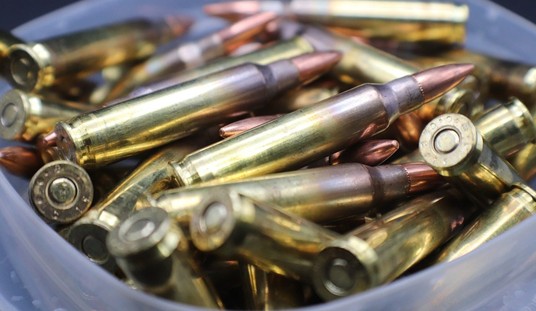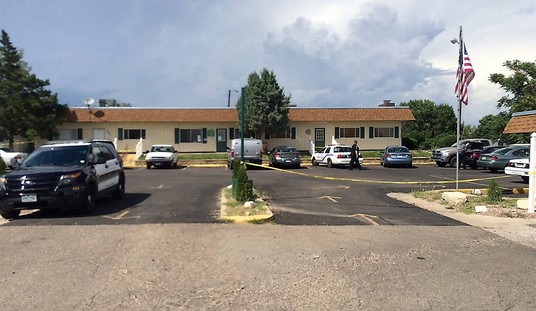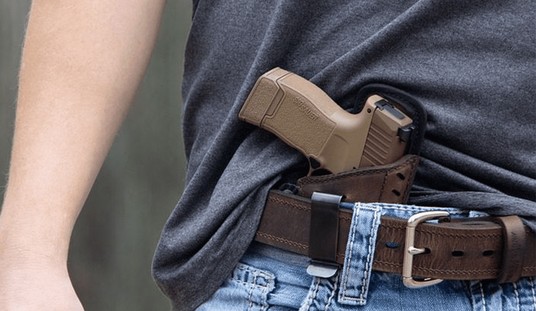A year after Illinois became the 50th and final state to implement concealed carry, law enforcement officers in the state have reported what anyone in 49 previous states with concealed carry could have told them in advance: fears ginned up by gun control advocates of “blood on the streets” never came to pass.
“For us, it’s been a non-event,” said Joe Gallo, deputy chief with Champaign police, echoing a similar sentiment as law-enforcement officials in other area counties.
When Illinois became the last state to enact concealed-carry in January, after the 7th U.S. Circuit Court of Appeals struck down its long-time ban, police expressed concerns about safety. One of their biggest fears: police interactions with licensed gun carriers during traffic stops.
Champaign County Sheriff Dan Walsh said deputies made one DUI arrest of a concealed-carry permit holder in 2014. The driver was completely cooperative, he said.
Walsh said he told his deputies when the law went into effect to let him know if they ran into any problems.
“I’ve yet to get one,” he said.
“I think people were so concerned about it in the beginning, because there was a lot of media hype and speculation,” said Urbana Police Chief Patrick Connolly. “But quite honestly, we have often said the people who are law-abiding and take the time to go to class and register and understand the concept, hopefully, are going to be smart enough to handle the firearm appropriately. So, I don’t think this was something out of the ordinary.”
Danville police Sgt. Josh Campbell agreed, saying “When you’re talking concealed-carry, it’s mostly your law-abiding citizens, who don’t cause problems anyway.”
Concealed carriers in most states are required to undergo a through background check before getting a concealed carry permit, and many states require concealed carriers to undergo a certain number of hours of training focused on the law and legal theory of armed self-defense as well. Many states also require a shooting test to show (very basic) competency with a handgun on static targets at a short fixed range.
Curiously, there seems to be little to no difference in the percentage of negligent or criminal shootings by concealed carriers in states with absolutely not permitting process required (typically referred to as “constitutional carry”) and those states that have more restrictive standards (like Illinois), suggesting that the state-mandated courses might not have an significant effect of any sort, other than to create a cost and procedural barrier to lawful carry.








Join the conversation as a VIP Member